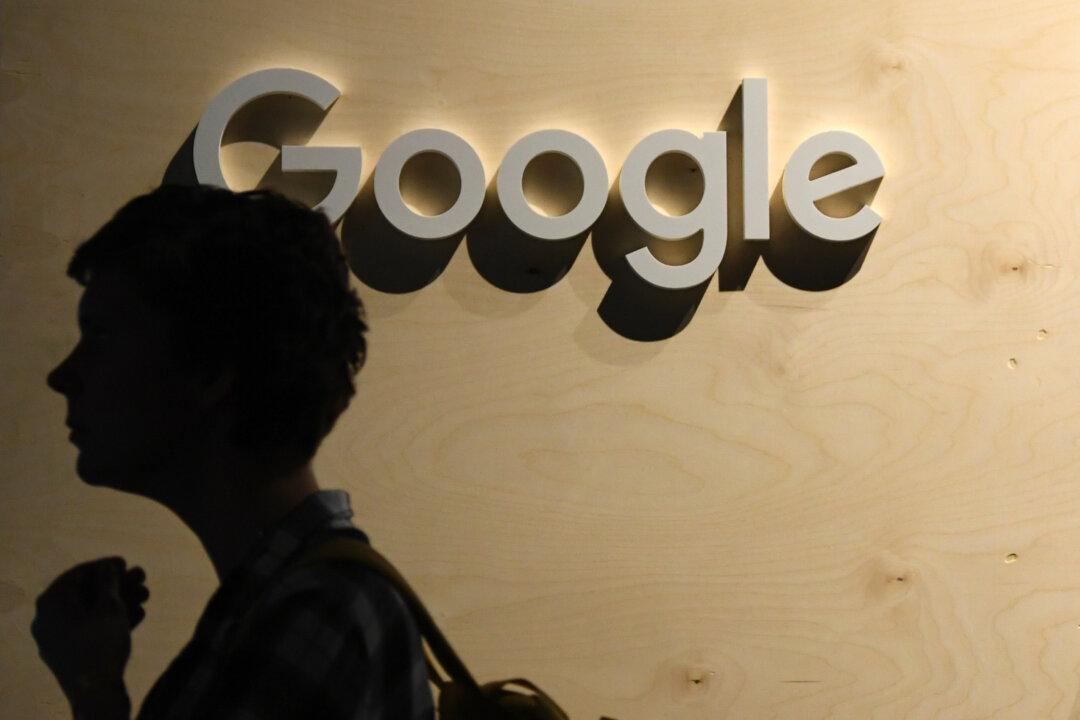Google is planning to expand its “prebunking” campaign to Germany after operational success in Eastern Europe, with the campaign aimed at countering the effects of “disinformation,” even as some experts warn that prebunking would effectively act as censorship.
Prebunking is a “scientifically researched communication technique that helps users to recognize and reject future attempts to manipulate them with false information. This helps to increase society’s resilience to disinformation and related narratives and manipulation techniques,” according to an article posted by Google on Feb. 13.





